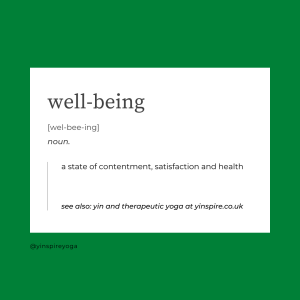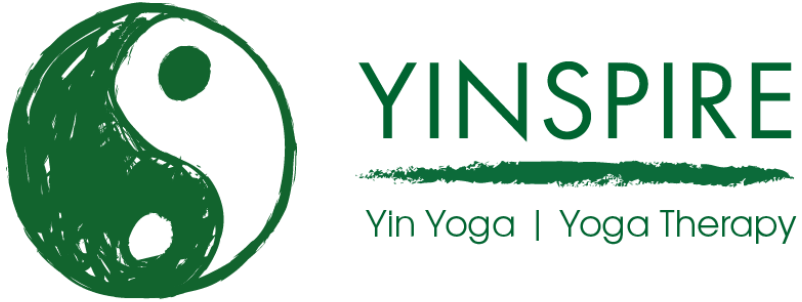 You may have heard the old joke about the plumber called to a Doctors Surgery for a blocked sink – “Put a paracetamol down it and call me again in the morning if it is still blocked” said the Plumber to the surprised Doctor.
You may have heard the old joke about the plumber called to a Doctors Surgery for a blocked sink – “Put a paracetamol down it and call me again in the morning if it is still blocked” said the Plumber to the surprised Doctor.
Behind this joke, however, is a truism – we tend to gravitate toward simple health solutions, and a pill for everything.
In reality, our health is more complex than that. The medical world used to use a Biomedical model of health which looked at the physical aspects of illness and paid little attention to social or psychological factors.1
In the late 1970s Engel and Romano2 proposed a model known as the BioPsychoSocial model of health which has stood through to current times and is now considered to be a more nuanced and comprehensive approach to health.
It postulates that health and disease has various components – Biological, Psychological and Socio-Economic.
Biological factors refer to physical issues like tissue damage or chemical imbalances, very much like the Biomedical model. These are obvious constituents of good health or illness.
Psychological factors cover how we think about our health, and our outlook on life. For example, suppose someone has had surgery on their knee. Their outlook could be “My knee is awful – I have to take a lot of care with everything and pain relief just to get through the day”. However, the outlook could also be “My knee is brilliant now – so long as I take care, and take my pain medication regularly, I get through the day just fine”; essentially these are the same statements from a differing perspective. Of course, psychological wellbeing is a lot more than having a permanently sunny disposition, but there is no denying how we feel psychologically affects our health.
Socio-economic factors cover variables like lifestyle, work, family, and wealth. Better socioeconomic factors correlate with better health3, and by contrast our health can suffer if we are concerned about relationships, friendships, work, or money.
Where the BioPsychoSocial model works well is the interaction between these factors – we pick up a minor injury, say strain our back (Biological); we worry (Psychological) about not being able to work to support our family or enjoy our hobbies (Socio-economic); the worry and isolation makes us tense and this in turn means our back pain gets worse; so we worry some more; and rapidly you have a vicious circle.
This comes back to that opening example. Sometimes taking a Paracetamol is glossing over the real problems we need to address. By way of example, the correlation between peoples’ experiences of back pain and tissue damage observed in medical imaging is not all that strong – many people experience pain with no tissue damage evident at all, or experience pain long after the injury has healed – showing health and wellbeing is more complex than absence of Biomedical factors.
Paradoxically that complexity can be our ally – when medications and other treatment don’t provide relief, we know we can also look at how Psychological and Socio-economic factors are affecting us. Do we need to change our outlook? Or make some lifestyle changes? And these do not have to be complex, maybe some more sleep, a diet change, or some fresh air each day.
Where does Yoga Therapy come into this? Well, Yoga is a Mind Body discipline so uniquely works across the different aspects of this BioPsychoSocial model. Yoga Therapy can therefore work very well alongside the treatments from your Doctor or Specialist. In particular, Yoga can help both physically with tending to our bodies, and with the psycho-emotional aspects of how we react to illness and injury, and how we organise variable aspects of our lifestyle.
Likewise, Yoga Therapy can help us develop the wisdom to have a psychologically healthy and realistic outlook on life and make the lifestyle choices that support good health.
Just like a pill isn’t a cure all, neither will be Yoga Therapy – but using a BioPyschoSocial model we can help work out strategies for improving our health and wellbeing.
One final thing – Yoga Therapy is not a substitute for emergency healthcare, so if you have a serious health issue, please speak to your GP, NHS 111, or A&E.
You can learn more about my practice as a Yoga Therapist, and book appointments, at www.yinspire.co.uk/yoga-therapy/
Jessica – Minded Yoga Therapist
1 – https://en.wikipedia.org/wiki/Biomedical_model
2 – The need for a new medical model: a challenge for biomedicine
https://pubmed.ncbi.nlm.nih.gov/847460/
3 – Effects of Socioeconomic Status on Physical and Psychological Health: Lifestyle as a Mediator
https://pubmed.ncbi.nlm.nih.gov/30669511/

